The Complete Age-Appropriate Skincare Routine Guide
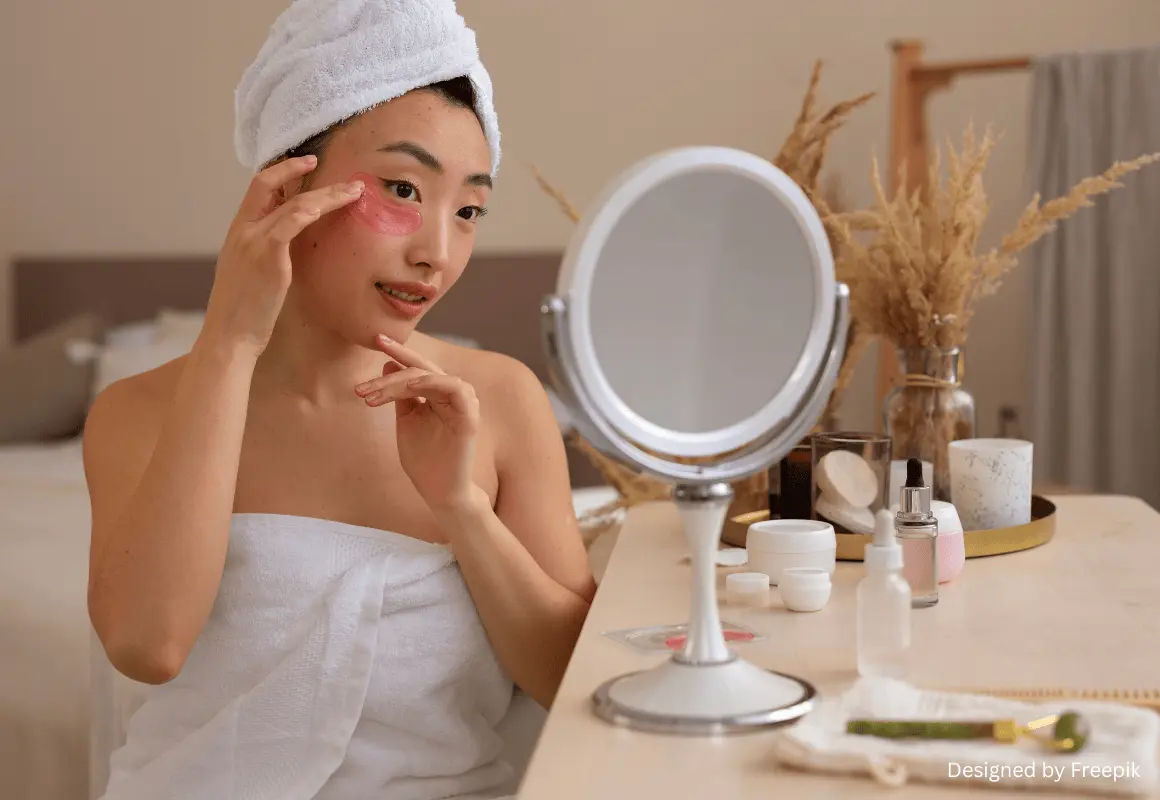
The Complete Age-Appropriate Skincare Routine Guide
Zoologist Desmond Morris observed in 1967 that "flawless skin is the most universally desired human feature," reflecting our need to display health and vitality. Yet as years pass, many fail to evolve their skincare routine accordingly. What worked at 20 won't deliver results at 40, as our skin's renewal process slows dramatically—taking twice or three times longer in our 30s compared to younger years.
Recent research emphasizes that skincare is a lifelong commitment requiring age-appropriate adaptation. The key is maintaining the skin's physiological acidic state, crucial for barrier function and antimicrobial defense.
Essential Anti-Aging Skincare Products
Understanding anti-aging ingredients is crucial for building effective routines:
Retinoids are the gold standard, derived from vitamin A. They promote collagen and elastin production, reducing wrinkles and fine lines. Studies show retinoid use can reduce fine lines by 20-30% within 12 weeks.
Hyaluronic Acid holds up to 1,000 times its weight in water, providing exceptional hydration while offering antioxidant and anti-inflammatory benefits.
Vitamin C (L-ascorbic acid) brightens skin through collagen synthesis and protects against UV damage. Research shows it can increase collagen production by 8 times over 60 days.
Alpha-hydroxy acids (AHAs) promote skin renewal, brightening tone and reducing fine lines while treating sun damage and hyperpigmentation.
Copper Peptides gently boost collagen and elastin production, leaving skin smoother and firmer.
Your 20s and 30s Skincare Routine
20s Strategy:During your 20s, skin remains youthful and elastic. The biggest mistake is over-exfoliating—young skin renews efficiently and needs only occasional help. Focus on prevention with antioxidants.
Essential products:
- Foaming facial cleanser
- Antioxidant serum (oil or water-based)
- Broad-spectrum sunscreen (SPF 30+)
- Spot treatment products
30s Transition:Fine lines appear as skin renewal slows significantly. Research shows retinol use in the 30s can prevent 80% of photoaging when combined with sunscreen. However, pregnant or breastfeeding women should consult healthcare providers.
Updated routine:
- Gentle exfoliating cleanser (2-3 times weekly)
- Retinol cream (nighttime application)
- Eye cream (targets crow's feet formation)
- Daily sunscreen protection
Advanced Anti-Aging for 40s Through 60s
40s Foundation:Skin loses firmness and elasticity. Lifestyle factors become crucial—proper hydration, sleep, and avoiding smoking impact aging more than topical products alone. Switch from foaming to gentle cleansers.
Key products:
- Gentle, non-foaming cleanser
- Vitamin C products (morning application)
- Retinol cream (continued use)
- Comprehensive eye cream
- Broad-spectrum sunscreen
50s Transformation:Acne becomes rare, eliminating need for benzoyl peroxide or salicylic acid. Focus shifts to peptides and hyaluronic acid. Clinical trials show peptide products increase skin firmness by 15% over 8 weeks.
Essential routine:
- Creamy facial cleanser
- Peptide or hyaluronic acid moisturizers
- Retinol cream (higher concentrations as tolerated)
- Daily sunscreen
60s Maintenance:Professional dermatological assessment becomes important for pigmentation and deeper wrinkles. Avoid artificial fragrances as skin sensitivity increases. Beauty oils with vitamin E significantly improve texture and elasticity.
Optimized routine:
- Creamy facial cleanser
- Facial oils or advanced moisturizers
- Retinol cream (especially for dry/sensitive skin)
- Consistent sunscreen use
Critical Skincare Mistakes to Avoid
Universal Mistakes:
Sunscreen Neglect: Studies show men use sunscreen less effectively than women, leading to higher photoaging rates. Comprehensive sun protection prevents up to 90% of visible aging.
Over-Exfoliation: Strips essential oils and can thin skin barrier. Frequency should decrease with age as mature skin becomes more delicate.
Inadequate Hydration: Leads to dull skin that ages faster. Well-hydrated skin shows fewer aging signs and maintains better barrier function.
Inconsistent Routines: Regular use of basic products outperforms sporadic use of premium formulations.
Proper Application Order:
- Cleansing
- Exfoliation (2-3 times weekly)
- Toner
- Eye cream
- Serum
- Moisturizer/facial oil
- Sunscreen (morning routine)
Important: Apply vitamin C products before sunscreen; use retinol at night to prevent photosensitivity.
Skincare for 70s and Beyond
Skin becomes more sensitive and thinner with decreased elasticity. Apply products from bottom up, against gravity. Focus shifts from anti-aging to hydration and protection.
Essential routine:
- Creamy facial cleanser
- Facial oils rich in essential fatty acids
- Hyaluronic acid serums for intense hydration
- Daily sunscreen for continued protection
Conclusion
Effective skincare evolves with our changing needs. Research shows that age-appropriate routines, combined with consistent sun protection and healthy lifestyle choices, can significantly impact skin health throughout every decade. The key is listening to your skin and responding with evidence-based care that addresses specific age-related challenges.
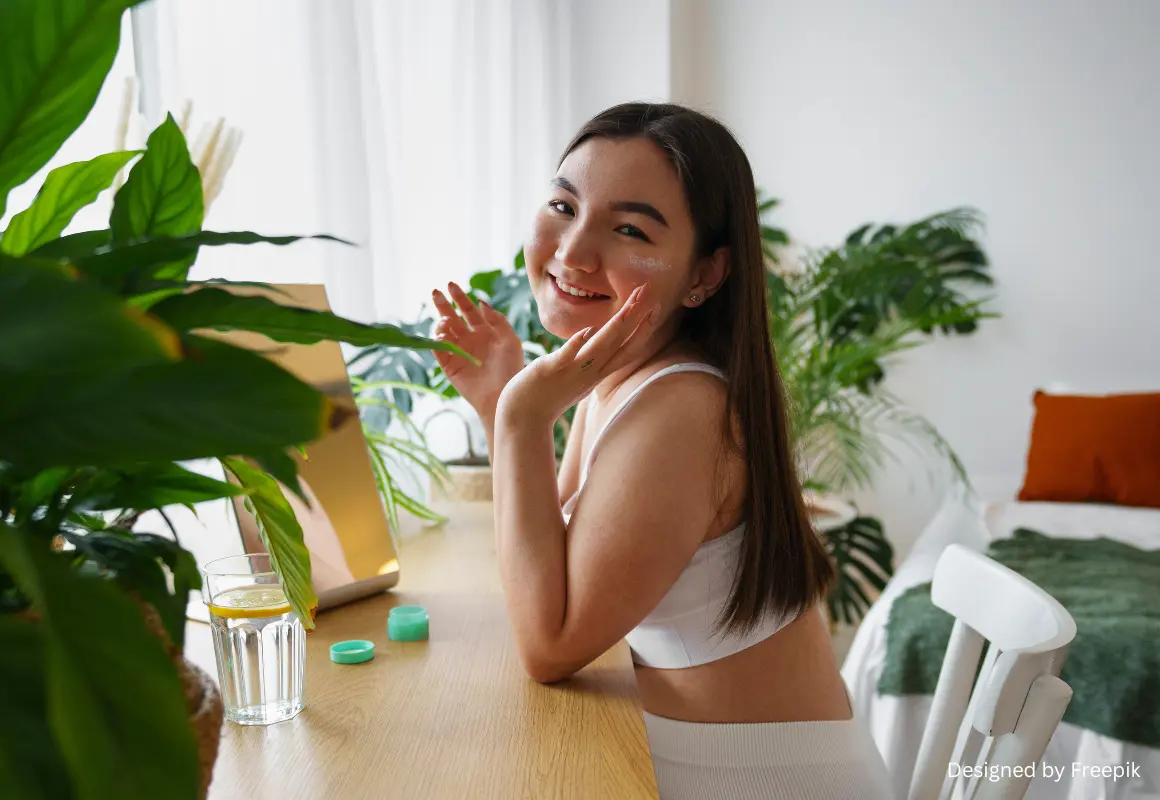
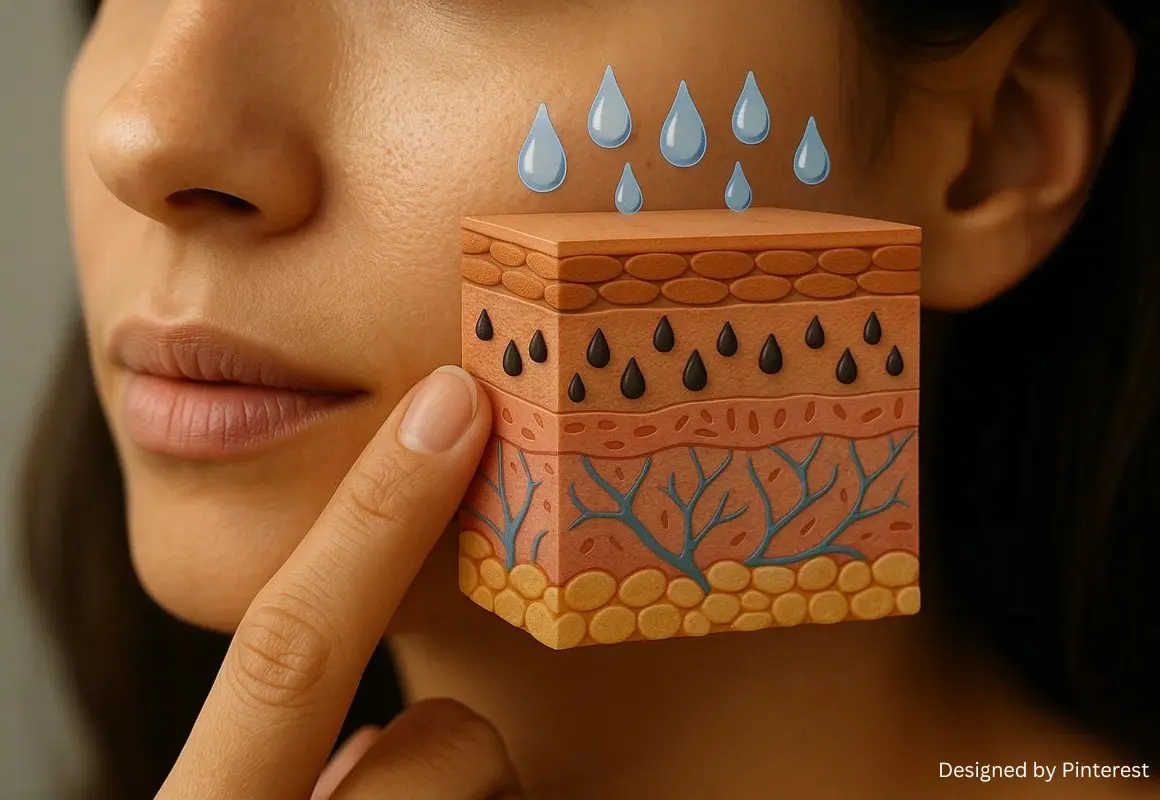
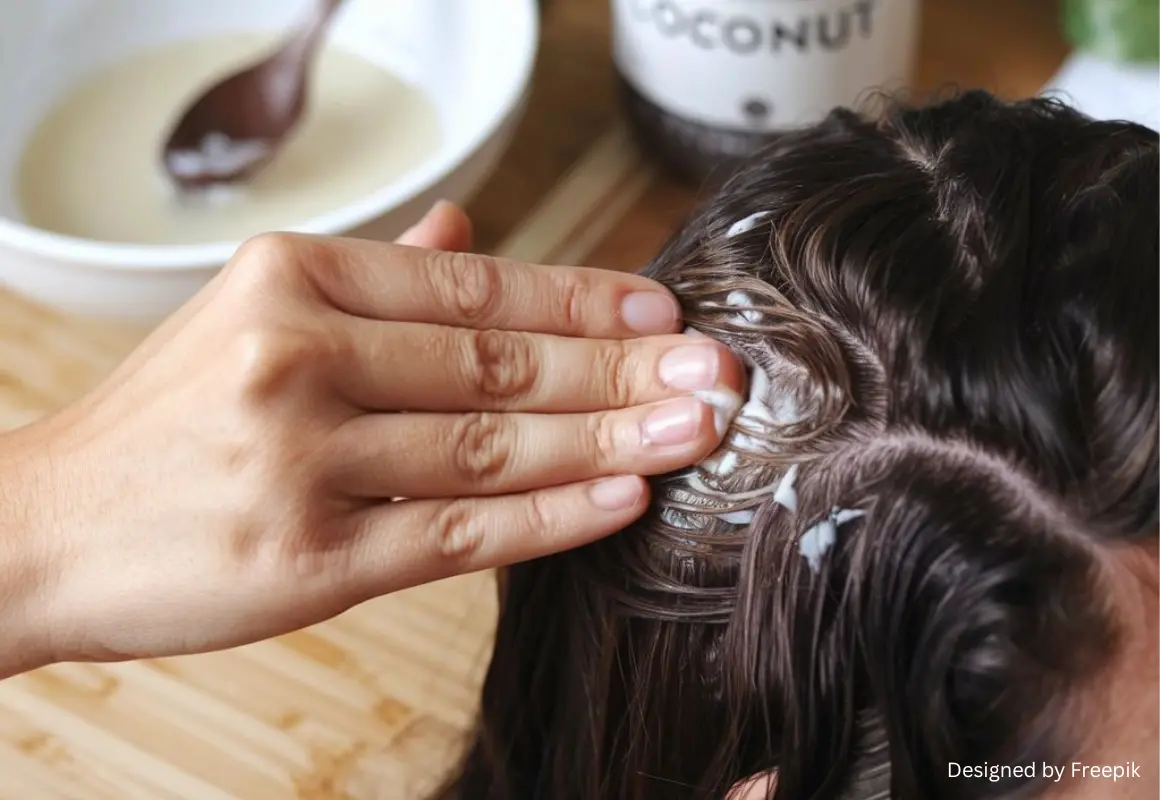
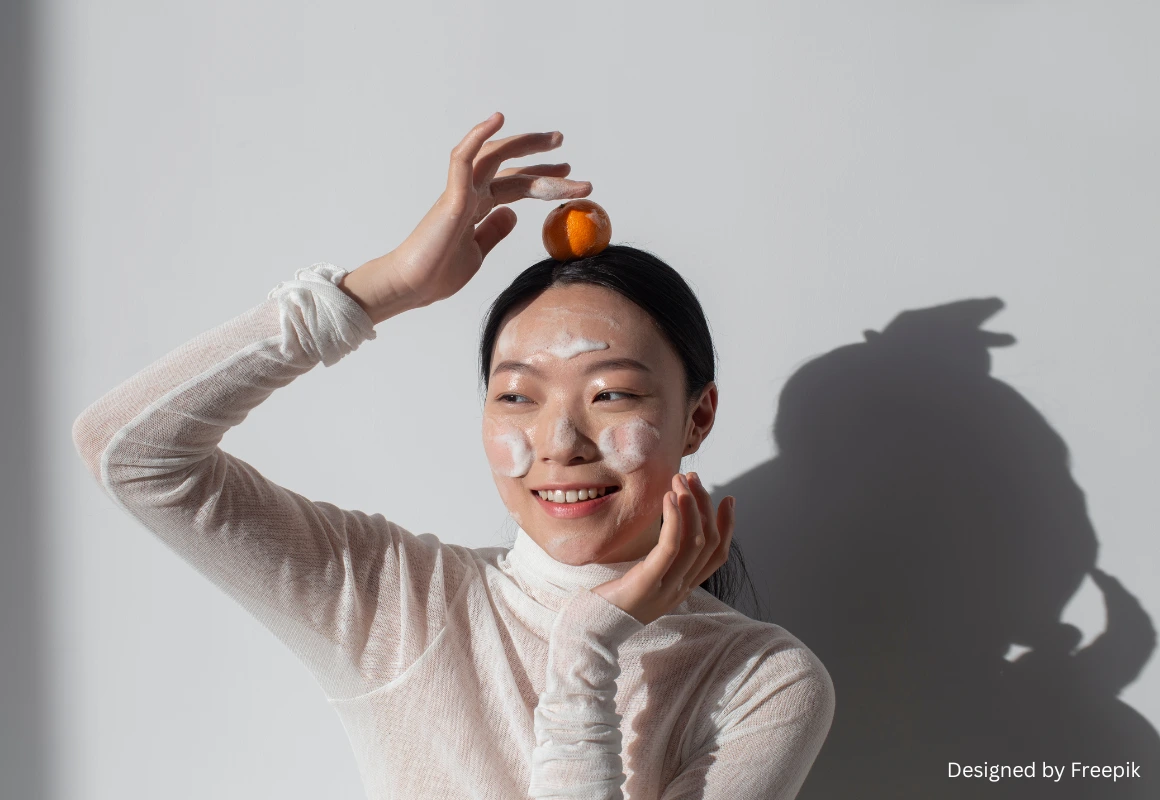
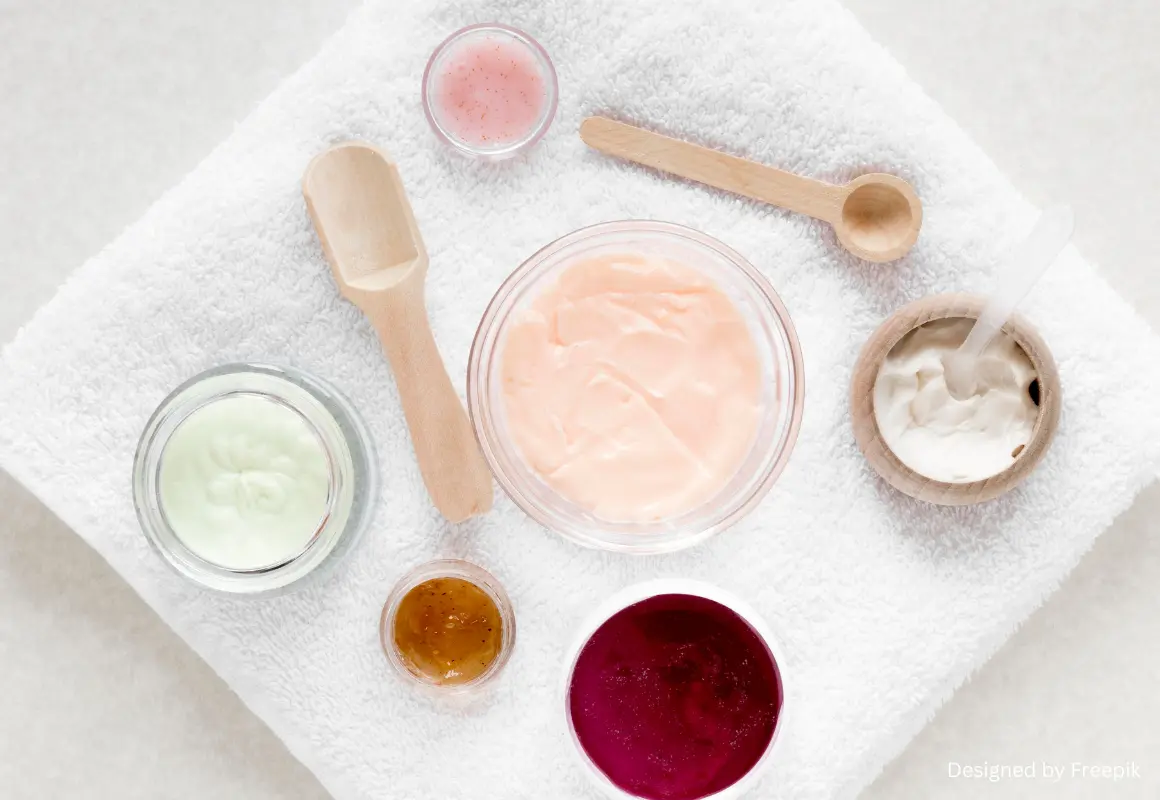
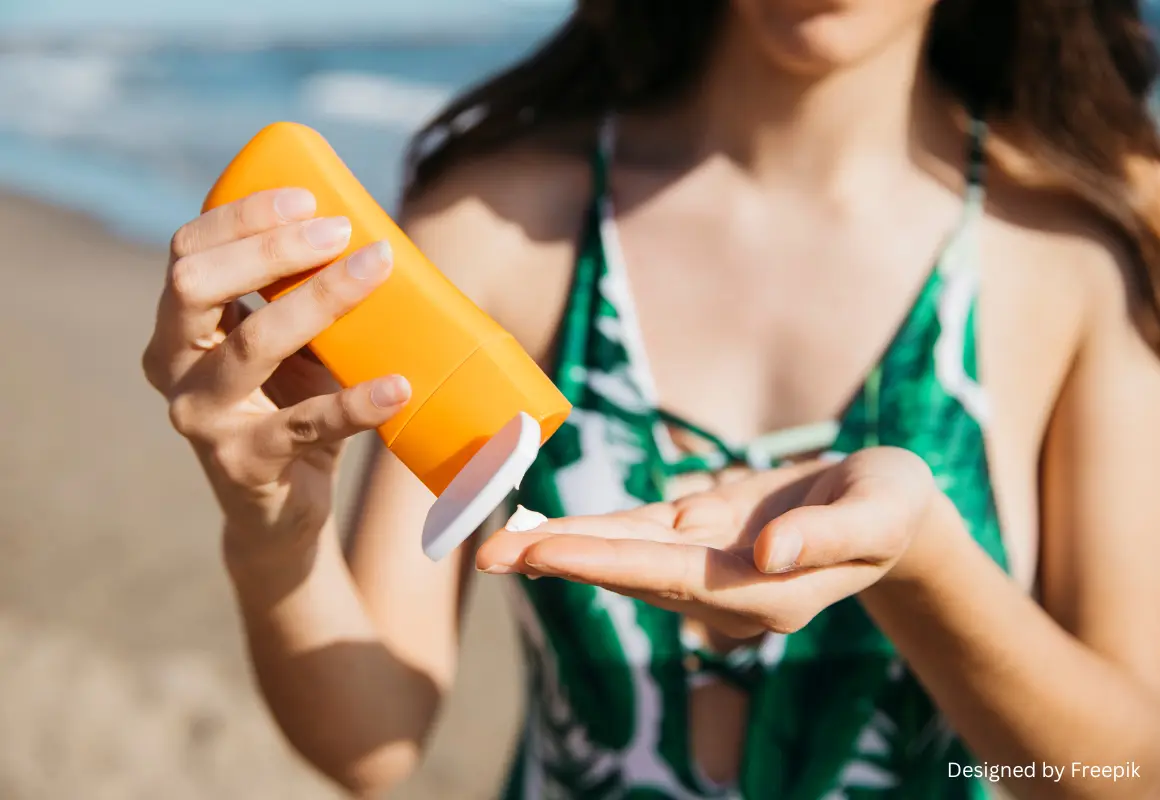

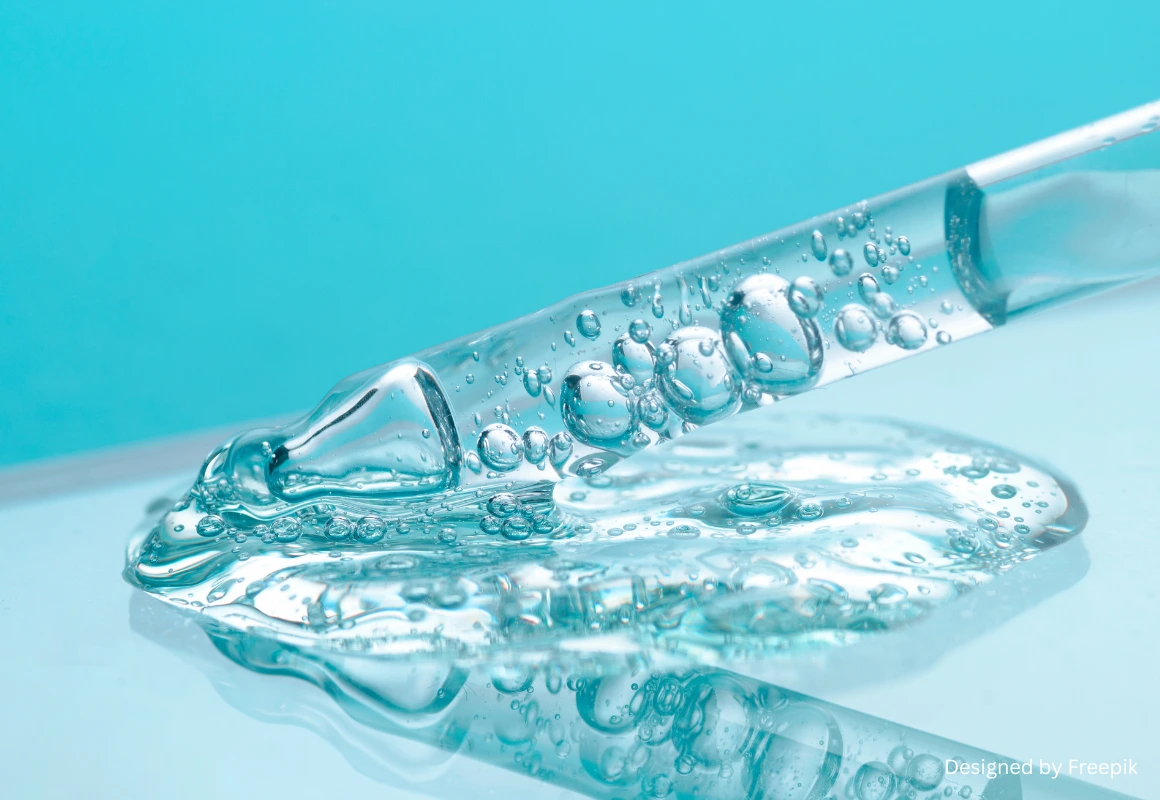
.webp)